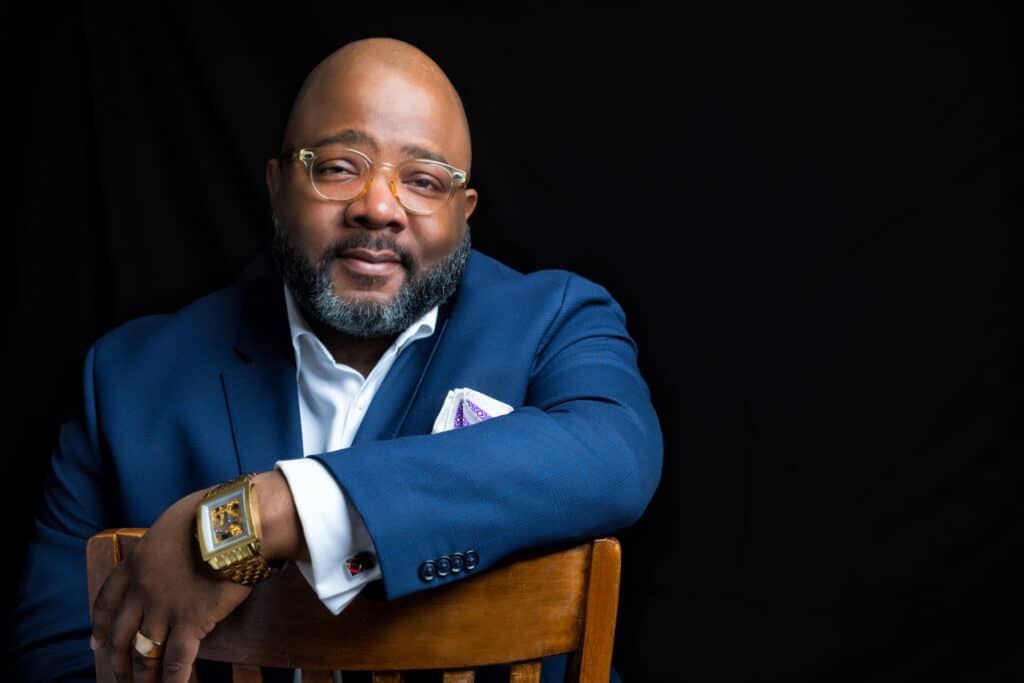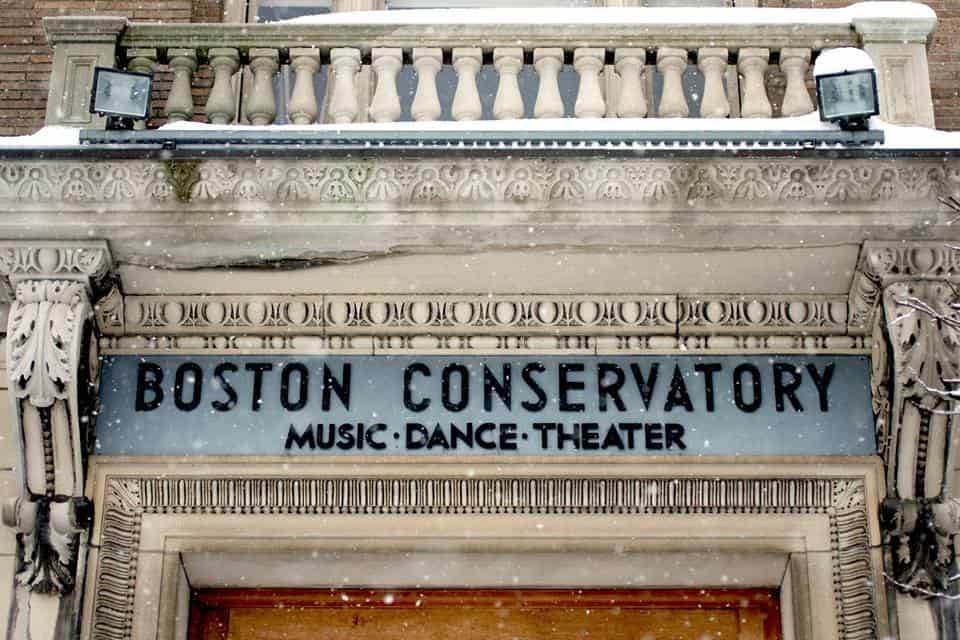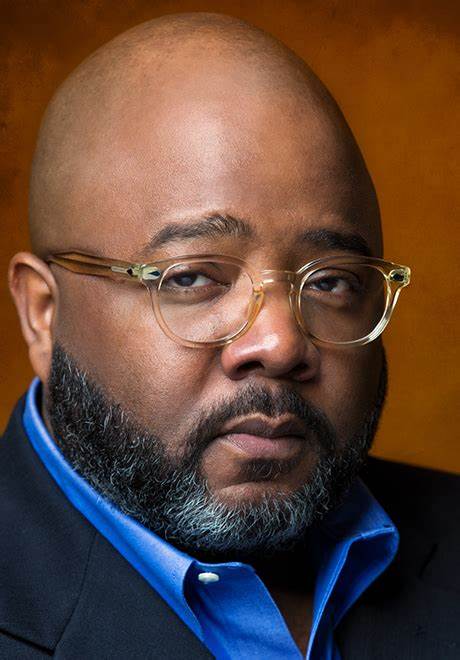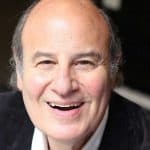On Becoming a Classical Composition Major: A Conversation with Jonathan Bailey Holland, Chair of Composition, Boston Conservatory at Berklee
by Mark Small
Jonathan Bailey Holland grew up in Flint, Michigan, where his early musical influences ranged from hip-hop artists Run DMC and Fat Boys to Aaron Copland. Holland began studying composition at the Interlochen Arts Academy and netted an award for his very first composition. He earned his bachelor’s degree from Curtis Institute where he studied composition with Ned Rorem. He later earned a Ph.D. in music from Harvard University where his teachers included Bernard Rands, Mario Davidovsky, Andrew Imbrie, and Yehudi Wyner.
Holland is an active composer whose works in a number of genres have been commissioned and performed by numerous orchestras, chamber ensembles, and soloists. He has served as professor of composition at Berklee College of Music and the Boston Conservatory. Following the merger of the two schools, Holland was named Chair of Composition for Boston Conservatory at Berklee in 2017.
Below is our conversation with this esteemed musician.
Our Interview with Jonathan Bailey Holland
MS: What would you tell a young music school applicant about preparing to become a composition major?
JBH: At Boston Conservatory, we accept students with a range of composing experiences. We want to see that they have curiosity and an interest in the art of composition. Whether they have composed a lot already or not, we want to see that they take the initiative to seek out music that’s not familiar. For those who have experience with composing, we look for authenticity and originality. By originality, I don’t mean that they are writing in a way we’ve never heard before, but that it’s coming from them internally. We don’t want to have students trying to write like someone else. Schools can always tell if the music is not genuine, so don’t play what you think we want to hear. We want to see that students are trying to create musical works in their own way.
At the conservatory, the classical tradition is where study begins, but composers today come from all kinds of backgrounds. We have applicants whose portfolio might not have a string quartet, but rather, a big band arrangement that they wrote for their school band or something for which they recorded all the parts. At the end of the day, the emphasis is not on the style of music or instrument they are writing for. We want to see that an applicant has a grasp on putting notes together to create a musical work. The variety we are seeing now is greater than it has been in the past.
MS: Do you find that students interested in composition have diverse aspirations?
JBH: Students come here with some experience in classical music and repertoire from playing in ensembles, but a lot have been captivated by classically-influenced music from a film or a game. We get students to listen to music and composers that they may not have encountered and make that part of their portfolio. Most schools want students to be exposed to a variety of musical influences and repertoire that is considered historically important.
MS: Does Boston Conservatory’s program give guidance on the steps needed to launch a career as a composer of concert music?
JBH: We have students coming to our program hoping to go into film scoring, but they first want to get a strong foundation in composing—which is essential. They need an understanding about how music works. Those principles apply whether you are writing concert, film, or popular music. If you are an artist, your goal is communicating your perspective and your voice. That in itself is preparation for a career. You are honing your skills to present whatever you want to say to whoever wants to listen. That is the goal of any entrepreneurial training program. Students need to translate artistic training into career training. At the heart of things, it involves the same curriculum to a certain degree.
MS: Do you have any advice for students as they apply to music colleges?
JBH: A lot of people get nervous about the interview and audition process. I suggest to applicants that they are not just auditioning for a particular school, they are also auditioning the school to find the environment that is the right fit for them. Getting to know the community and what is available and if that is what you are looking for in a school are as important as your audition and interview. It helps to take some of the pressure off people as they go through the process to know that this is a two-way interaction.
MS: Students and their parents are interested in the prospects for making a living after studying music. Is there a range of music-oriented careers your graduates settle into?
JBH: A composer does different things than a violinist or singer, but they are all learning the same basic skills and then applying them to create a certain end product. A degree in composition could lead someone to a career in music technology or production. A composer could also maintain the skills needed for a performing career. He or she might also become a conductor, teacher, or something else. People are not limited by choosing a particular field at one stage of their academic career and can always move to a different specialization.
There are a number of options for our graduates. Some might later become lawyers and doctors. In any artistic field, you need to learn the mechanics and gain a perspective. Those skills are also transferable to other fields. Music school is not like trade school where you learn one specific skill and go to work in that field. Music students learn how to do several tasks and to understand how everything fits together. We always hear that the tech world wants people who are creative, think outside the box, and are malleable. That is exactly what artistic training is about.
Contact Us
Did you find this blog helpful? Do you want to attend a music collage or conservatory? If the answer to that is a “yes”, your next step is simple. Visit insidemusicschools.com and allow our team of industry insiders to guide you towards your goal of being a professional in the music industry. Through expert counseling, and real world experience, we will make sure you are prepared for the journey
To contact Jonathan Bailey Holland:
For press and public relations inquiries, please contact:
Stephanie Janes PR
Phone: 617-419-0445 or 646-598-3028
E-mail: stephaniejanespr (at) gmail (dot) com
Or, visit Contact — Jonathan Bailey Holland and enable the contact form.
Founder & President at Inside Music Schools | Insidemusicschools.com
Head of admissions and faculty member at Berklee College of Music for 40 years, Steve Lipman and our team at Inside Music Schools speak music as their primary language. We approach each client contact with open eyes, ears, and minds. As the country’s premier music school consultant, he has advised students from the United States, Canada, the U.K., India, Singapore, Dubai, China, Australia, Turkey, Colombia, Argentina, Brazil, Japan, Israel, Italy, Russia and elsewhere.



